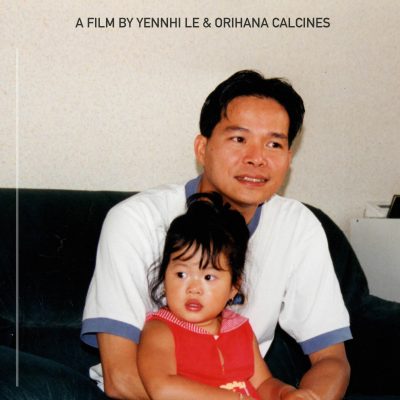Details
Article
“Violent attacks against the Tutsi are currently taking place in Congo. In the capital, Kinshasa, ordinary civilians have set up roadblocks and are checking every car to see if there is a Tutsi inside. The Congolese call it “Operation Long Noses” because Tutsi are said to have long noses – a myth introduced by the Belgian colonial rulers. Addresses where Tutsi families live are published in messages on Twitter and WhatsApp. Their shops and houses are looted. The windows of a church in Goma were smashed, in which mostly Tutsi pray on Sundays.”
Senior Fellow Simone Schlindwein recently wrote an article for N-TV on the Congolese conflict dynamics that dangerously resemble the situation in Rwanda in 1994. Simone explains how the atmosphere in the Great Lakes region is reminiscent of 1994, when more than a million Tutsi were brutally slaughtered with machetes in Rwanda in one of the most horrific genocides in recent history. At that time, too, there was hate speech on the radio, which incited the population. Ordinary civilians grabbed garden tools and killed their neighbors. The genocide and the subsequent waves of refugees from Rwanda into the Congo still cast long shadows today.
“It’s like Rwanda in 1994, only now in Congo.”
As the conflict escalates, the US threatens sanctions on Rwanda, which is accused of supporting the Tutsi rebels. In the meantime, Kenya’s President Uhuru Kenyatta, who currently chairs the East African Community, said there was an “obligation” to make political and military efforts to “establish peace and stability in Congo.” He called on all armed groups in Congo to “lay down their arms immediately.” Developments are expected as the region’s military chiefs meet in Nairobi to finalize preparations of a regional strike force to disarm the rebels.
- To learn more about the situation, read Simone’s article in German on this N-TV page.





